Singer Vaughan on how Chemsex addiction inspired his tragic but beautiful new song
Excl: 'Youngest at the Party' details rising star's dark experiences of PNP scene from age 17: "I had to ask for help"
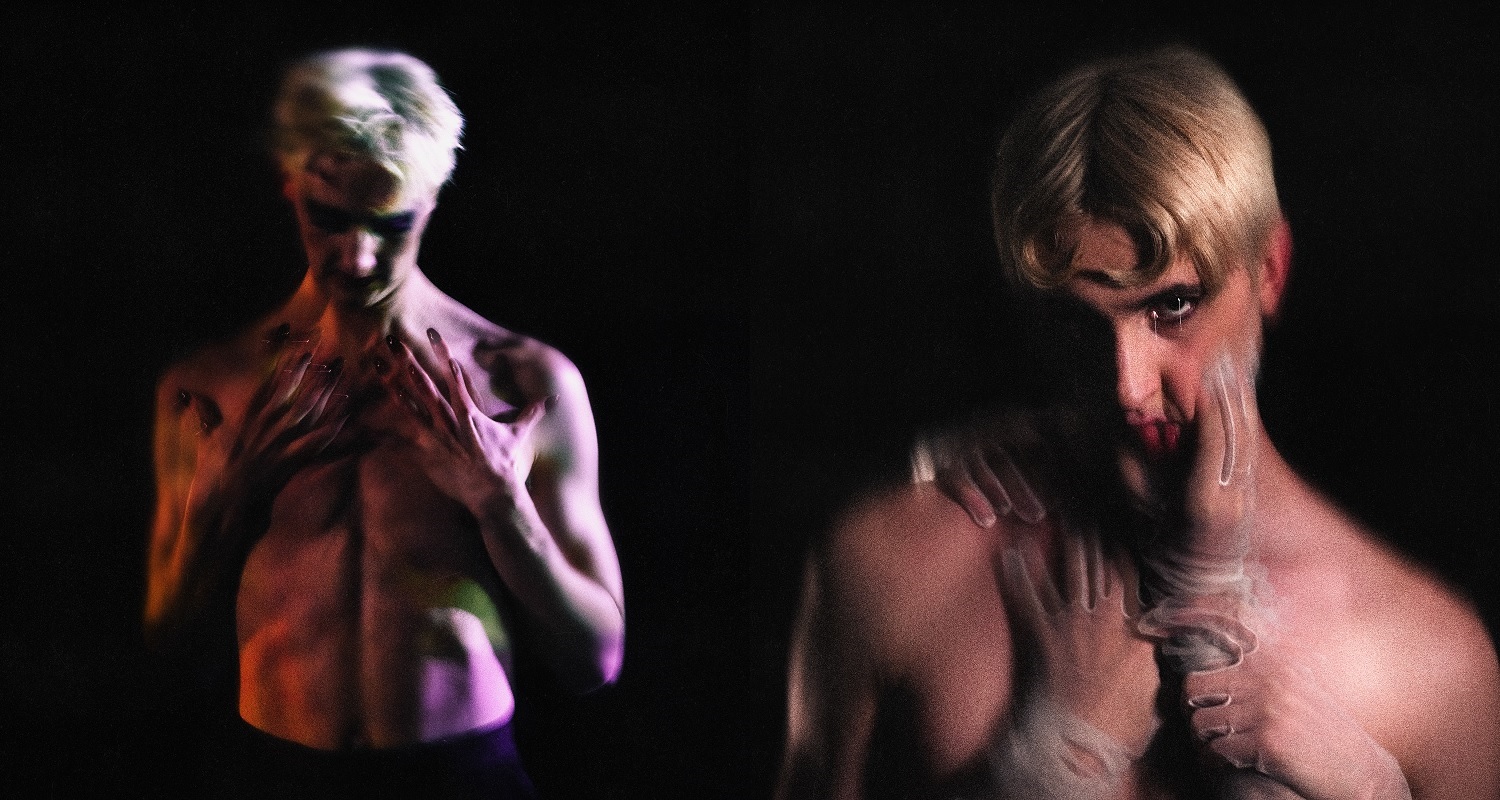
(Words: Jamie Tabberer)
British singer Vaughan is baring his soul on his latest song ‘Youngest At the Party’.
Taken from the 24-year-old’s debut EP ‘I WAS’, the brooding track details Vaughan’s difficult experiences on the Chemsex scene in multiple countries – as well as his battle with drug addiction.
Chemsex and ‘party and play’ are terms commonly used by men who have sex with men to describe mixing drugs and sex.
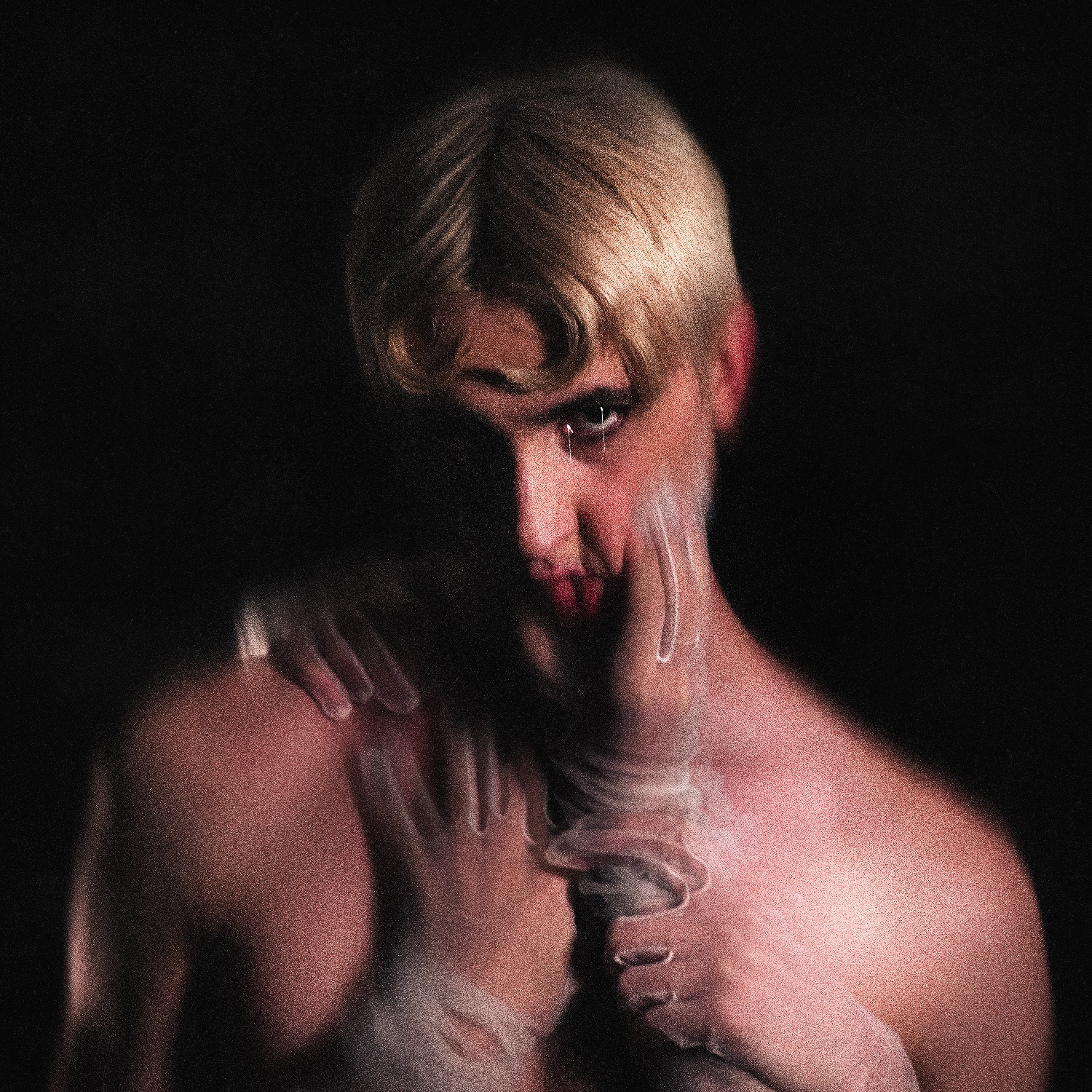
The song features agonisingly honest lyrics including: “It’s daytime now/You can go to work baby, but I’m playing if it hurts/Who made that sound?/I’m an animal lately since I’ve found/That it’s not how you expect – I thought that I could fall in love like that/I wish it were that easy.”
“This scene of having sex and taking drugs extends all around the world and comes as close as next door to your home”
Speaking to Attitude, the rising star describes ‘Youngest at the Party’ as a “true story about the loss of my innocence.
“It’s about me losing myself to a world of hedonistic tendencies and therefore experiencing things far beyond my years, all while on the search for a sense of belonging.”
Here, Vaughan discusses his experiences with Chemsex, which began when he was 17, and how he overcame them and his drug addiction to become the person and artist he is today.
How did you get involved with the Chemsex scene?
“Honestly, I didn’t even know what the term ‘Chemsex’ meant until I began searching for professional help.
“I stumbled into recreational drug use from an early age because I was running from the person I truly was and I had written a script in my mind that I couldn’t be true to my feelings. I was fortunate to have music though, because those moments of playing were my saving grace.
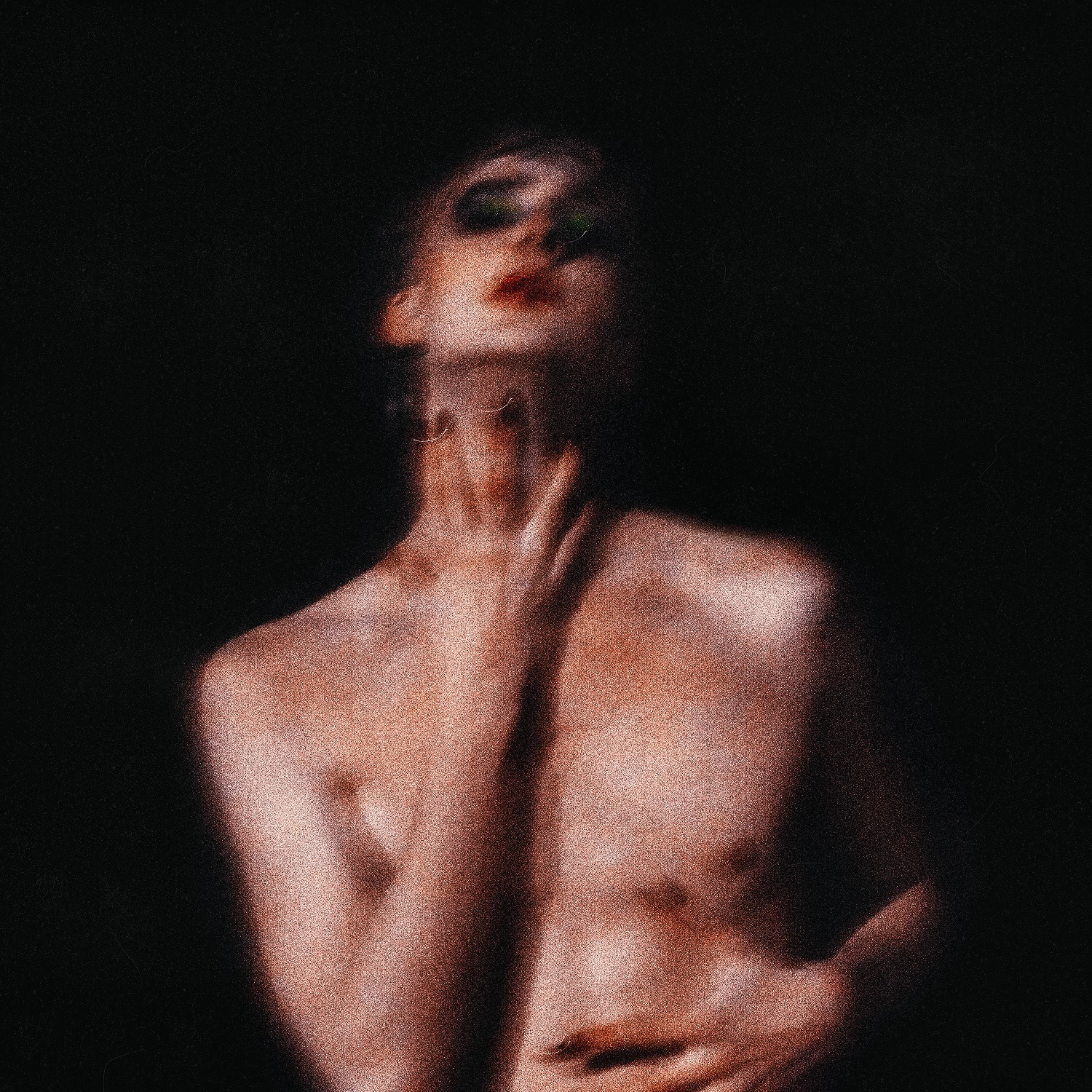
“When I had finally escaped the lie I was living, I came out and moved to Sydney, Australia and it felt as though I was free both sexually and creatively – so I let the times roll. I moved back to England a year later to study and partying became an opportunity to exist on a plane without judgement and to be free of my expectations. A place to feel wanted.
“I was always functioning despite my issues so I wasn’t worried until my mental health began to suffer and I found myself in some traumatic situations. And so the story unravelled.”
You say you felt like the ‘youngest person at the party’ – were you? How old were you?
“To be the youngest person somewhere is something we have all probably faced at some point; an internal questioning of a new experience that’s anxiety-inducing, yet thrilling.
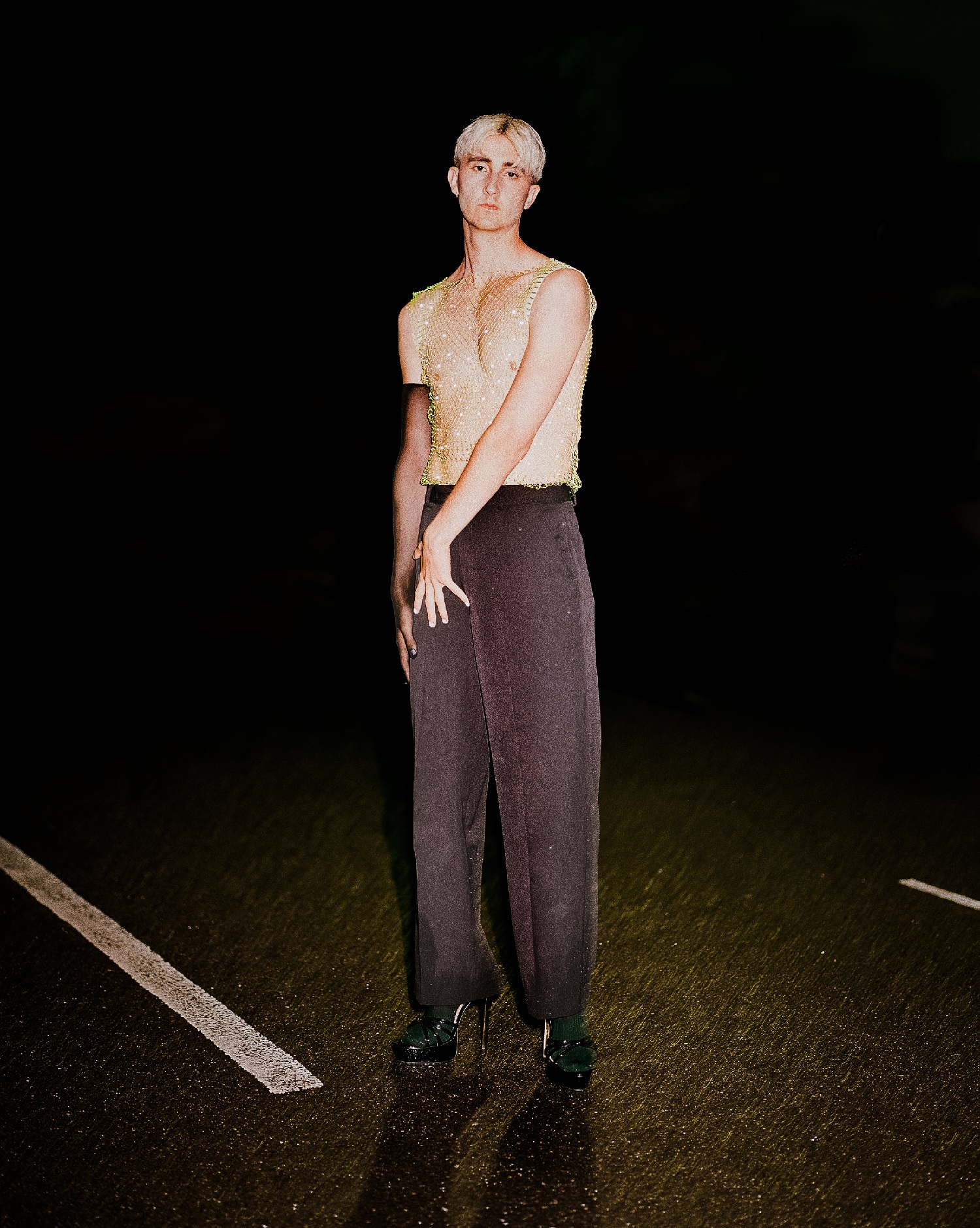
“I remember one Friday night – drunk, 17 years old and upset about a boy I had feelings for but was too ashamed to do anything about – I logged onto Grindr. I got chatting to someone in a town a few kilometres away from me, who invited me over and drove to pick me up. The reality is that this scene of having sex and taking drugs extends all around the world and comes as close as next door to your home. It’s a scary phenomenon.
“I had needed to fill a void and had always been very open about trying new experiences, not considering how these experiences can escalate into darker ones. By intertwining sex with drugs that night; the emotional consequences were immediate and I began a chapter to my story.”
How did you get out of it?
“Truthfully getting out of addiction is a lifelong battle for most. I still have to be on guard and surround myself with people who hold me up when I am down. I have to be sure I am committed to constant self-improvement and awareness of myself and my behaviours.
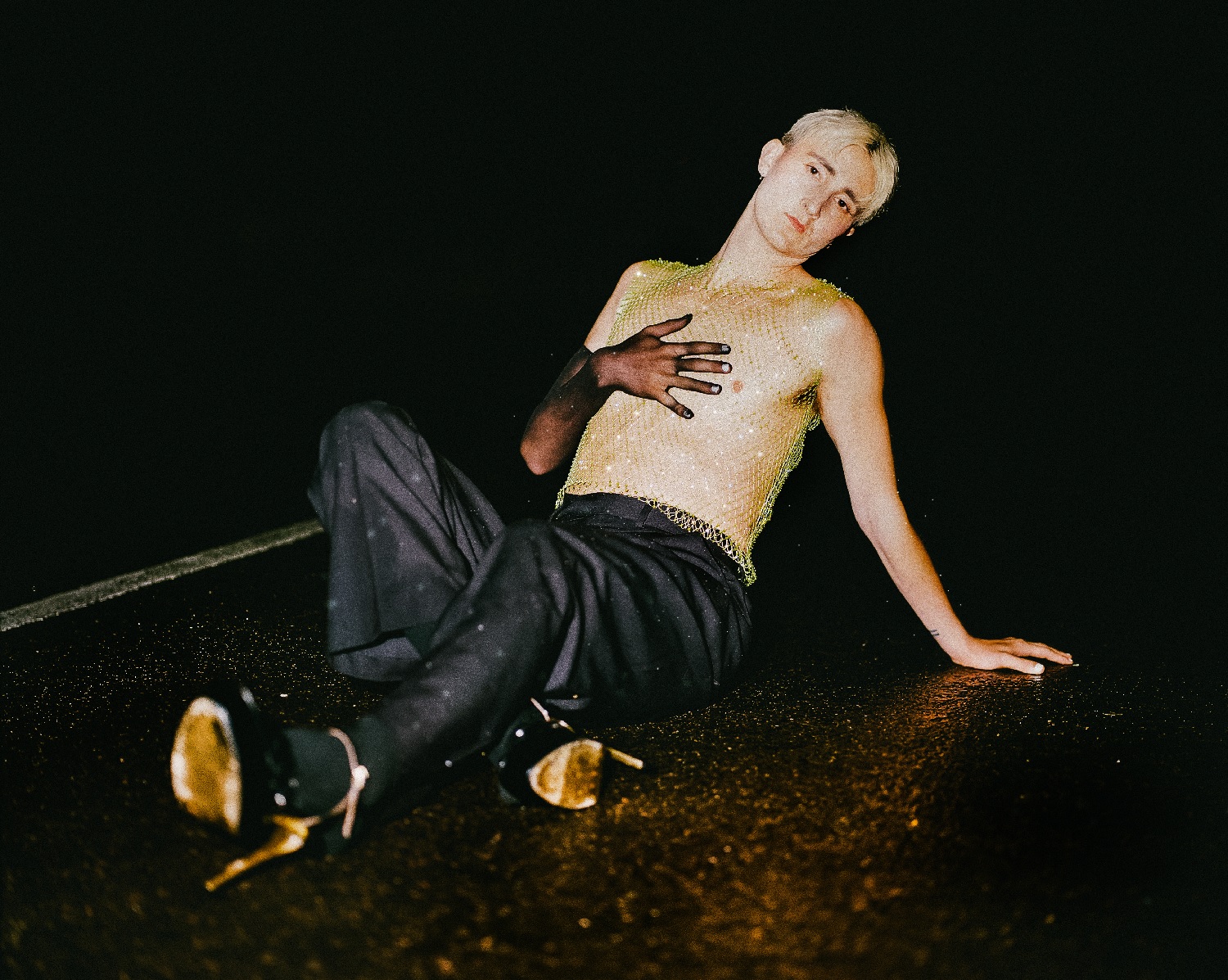
“A sense of purpose and ambition in my art has always been the heartbeat in coming to terms with myself. Music is a cathartic way for me to portray the bruised reality of my experiences, to be vulnerable.
“I opened up to my family once I realised the gravity of my situation. I realised I couldn’t do it on my own so I also sought professional help through services in centres like 56 Dean Street in London’s Soho and London Friend.
“Recovery groups have played a huge part in my story as it has for so many others. It took me a long while to convince myself that I belonged there but I tried many different meetings and finally found places that resonated with me and my story. It was a pivotal moment to be heard and be listened to by people who have lived through my experiences.
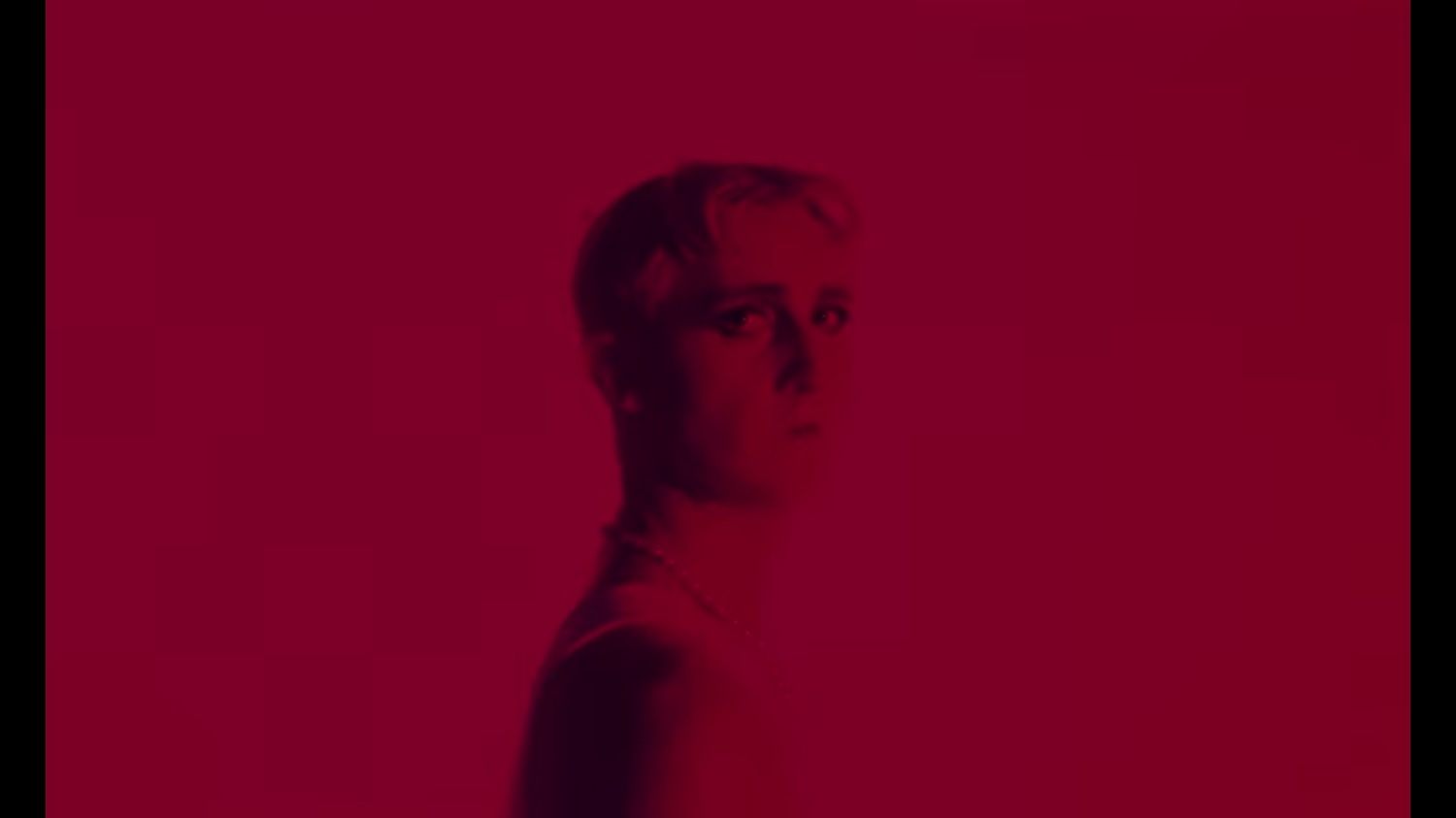
“I’ve finally managed to rid myself of the shame so now it has been about coming to terms with stabilising chemical and habitual issues of coping mechanisms.
“Now it’s about learning to be patient and make peace with time.”
Was it an addiction?
“By definition addiction is the fact or condition of being addicted to a particular substance or activity despite repeated negative consequences.
“I began a journey to recover three years ago and although I would tirelessly try to move away, my destructive behaviours would follow, despite knowing the painful experience and consequence. I had to appreciate the powerlessness of my volition against my addiction. I had to ask for help.”
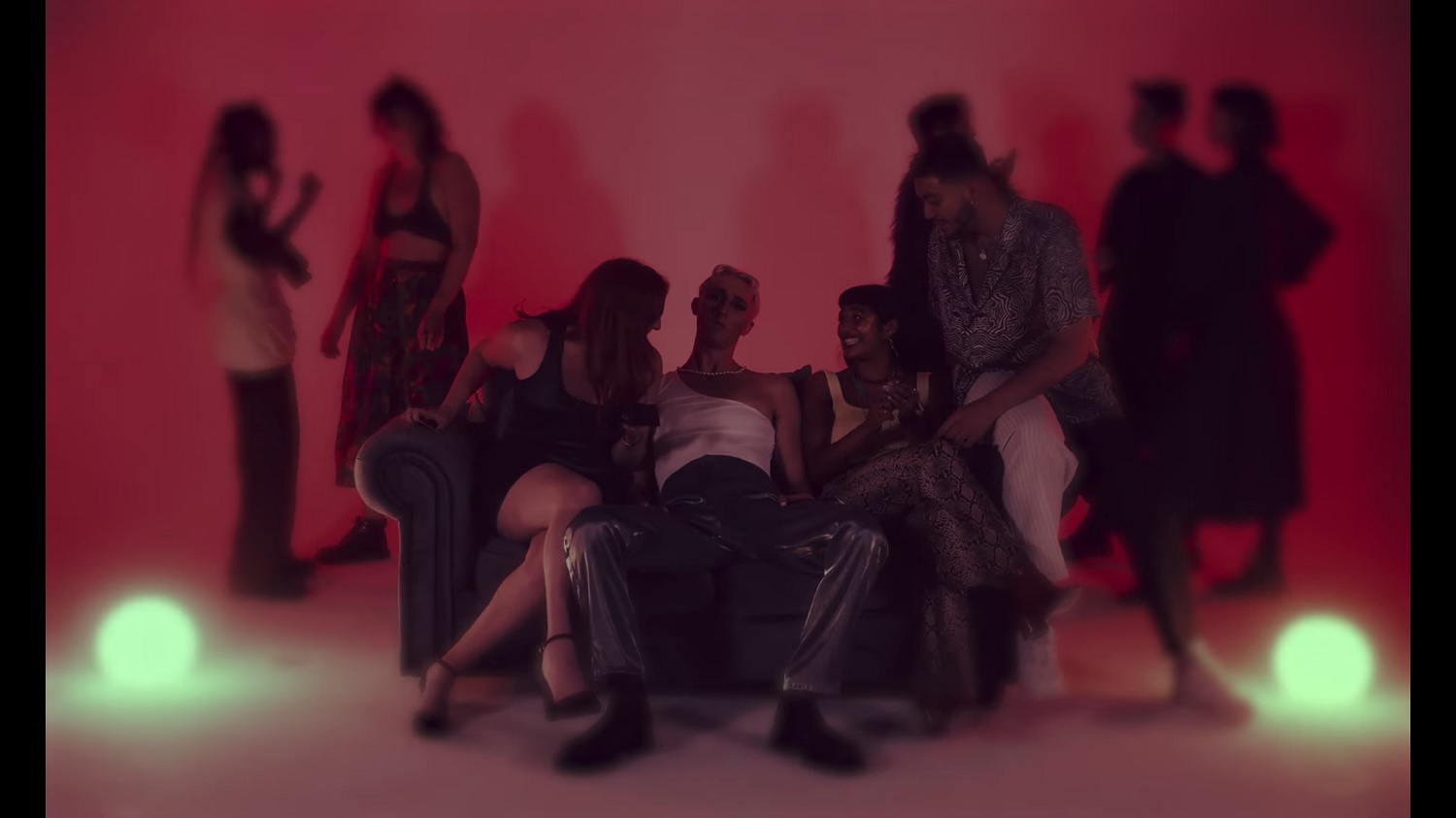
How has your life changed because of these experiences?
“I want to bring a light to my story through the music I create. To make something tragic, beautiful.
“I reflect on my experiences often with distaste, until I remember how I stepped forward to get to where I am now. To share how systemic expectations of identity have consequences, but also how I have to take responsibility for my part.
“I am now sober and more conscious of my life than I ever was; even before I lost control of my substance use.
View this post on Instagram
Do you have any words of support to anyone having a hard time with PNP at the moment?
“I finally unravelled the knots of repression and shame I had tied inside of me since I was a kid but it took time and a lot of work on myself. Forget about the shame because there is somebody just like you waiting to take your hand and help you on your way.
“Find your support network and nurture the one you may have by being honest. You could find the support in strangers in recovery groups like Narcotics Anonymous, your friends, biological or chosen family.
“The reality for me was that I couldn’t recover by myself and I spent a long time convincing myself I could.”
Can you elaborate on the lyric: “Boys ask if I/Fucked, married, avoided/Dishonestly I don’t know what to say/Feelings, party rings, what can I bring to this table/I don’t know how to behave here…”
“Often when I found myself in these places, despite it generally being a place to hook up and take drugs – I met all types of people from all kinds of backgrounds. I had extremely honest and vulnerable conversations with people, as well as mindless ones.
“This lyric highlights the triviality of scenarios; how something that is actually very serious can feel juvenile if you perceive it as so. Feelings and party rings are contrasting things that show the displacement of the situation.”
What is the most powerful lyric of the song, in your opinion?
“‘China is the place, there’s parties in New York and LA, it’s like hell there in Berlin, the parties in London are heaven. Wish I’d never been.’”
Read the Attitude December issue, available to download and to order globally now.
Subscribe in print and get your first three issues for just £3, or digitally for just £1.54 per issue.



